United We Stand: Sheffield Fans in the Fight Against Cancer
This is a story that goes beyond the pitch and the roaring of crowds of Bramall Lane, because some Sheffield United fans are making noise in a different arena—the fight against cancer. Anabella Prodan explores how the Blades’ devoted Community Foundation changes lives with their cancer-fighting initiative, as in the match against cancer, these fans come out on top.
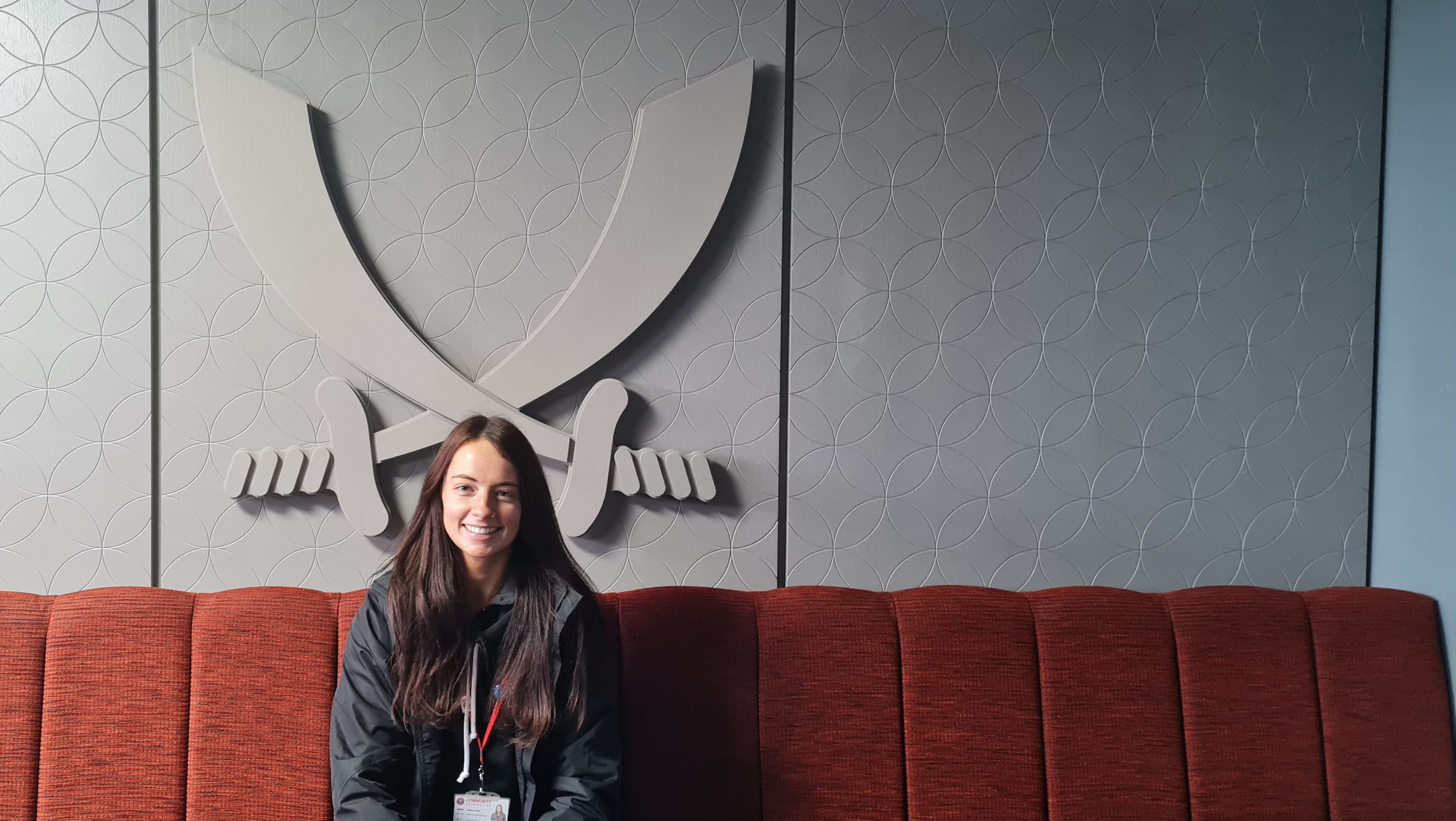
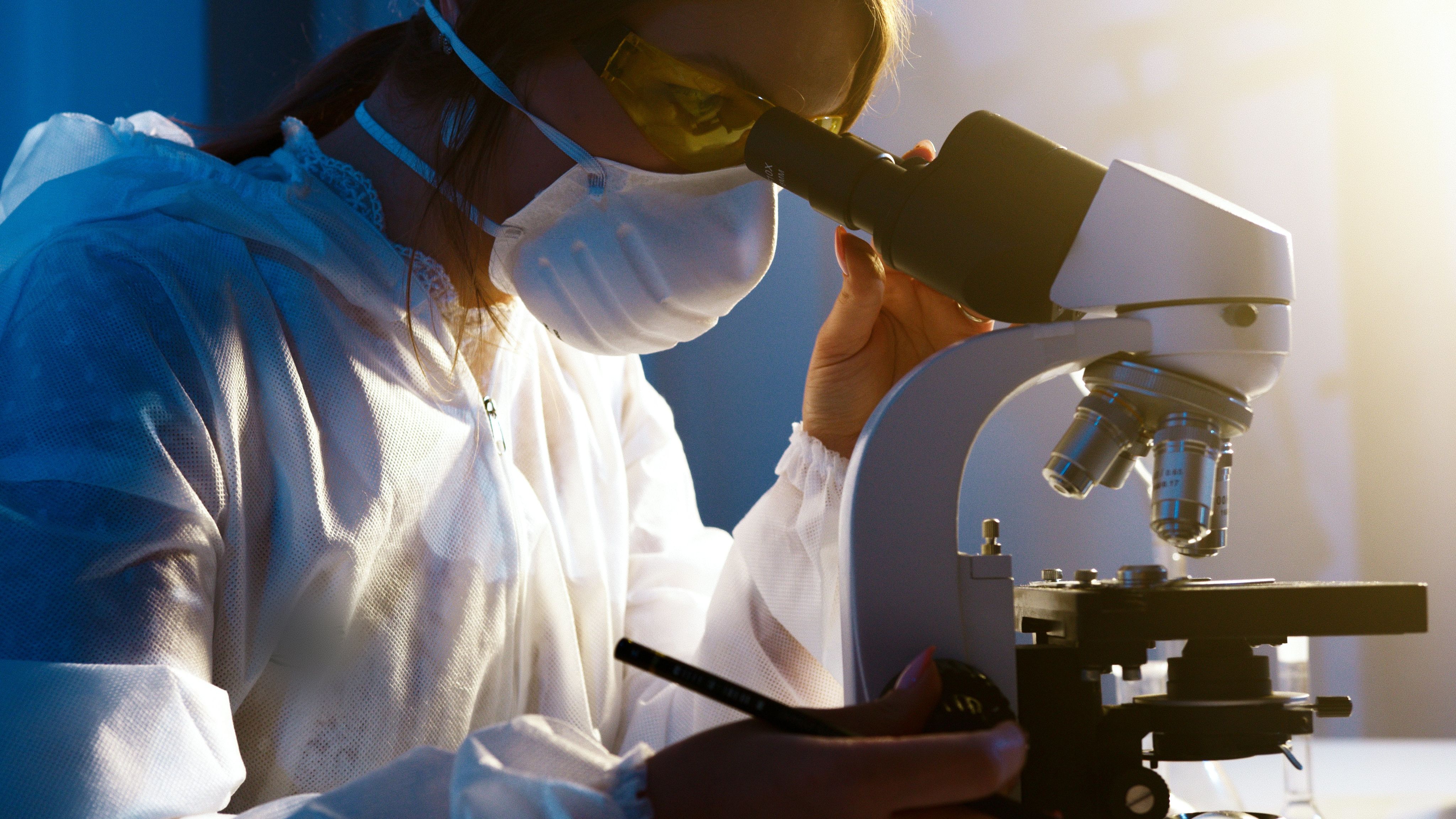
The NHS reports that cancer diagnoses have returned to pre-pandemic levels.

In 2021, there were 329,665 new cancer diagnoses in England, which is on average 903 a day.
Among these, there is Tracey Watson, a 60-year-old from Sheffield and a lifelong fan of Sheffield United. Her life was drastically changed when she was first diagnosed with cancer in 2009. Despite having many healthy years after her recovery, she made a difficult choice delayed by the coronavirus pandemic: Tracey had a double mastectomy and reconstruction at the start of 2023, a preventative measure taken due to the long history of breast cancer in her family.
According to the NHS, breast cancer is the most common type of cancer in the UK, with 1 in 7 women being diagnosed in their lifetime. Tracey said: “After surgery, the results came back showing that I was carrying pre-cancer in my left breast. So, it was absolutely, 100% the correct decision.”
In her search for a sense of belonging, Tracey looked at several forms of support and discovered the Fans Fighting Cancer programme, an impactful initiative from the Sheffield United Community Foundation also known as Moving Forward. This programme transcends the boundaries of football, offering fans a diverse range of social and physical activities aimed at improving their quality of life.
Tracey said: “This programme is not something that I’d engaged in or heard of, so originally, I was a bit reluctant. But as I’ve come along to groups, I started doing more and more. And I think that's how a lot of us end up here. We tend to know somebody that's had cancer, so we’ll say, ‘Oh, you know, my friend's having surgery’ and we'll bring them to the group. It's a common theme, it's a club.”
Tracey became visibly emotional when asked about her friends at the programme, but she kept her smile as she said: “I don't think you can describe the programme into words. It’s a massive part of recovery, it's a massive part of processing what's happened to you, because I think a lot of people will probably tell you the same thing: you're diagnosed; you have your treatment. That's when healing process starts to begin.”
Yet a diagnosis can lead people to go into their own shell and adopt certain behaviours, such as not being able to talk to family and friends, or wanting to shield people from what they really feel. “That's why this group's so important. You can open up and say things that you probably would not want to say to your closest friends or family, because people here get it,” Tracey said. “So what's unique about this group is that we're all on a journey. We're all on slightly different journeys, but we've got one thing in common: it's a club that nobody wanted to be in, but that's where we found ourselves.”
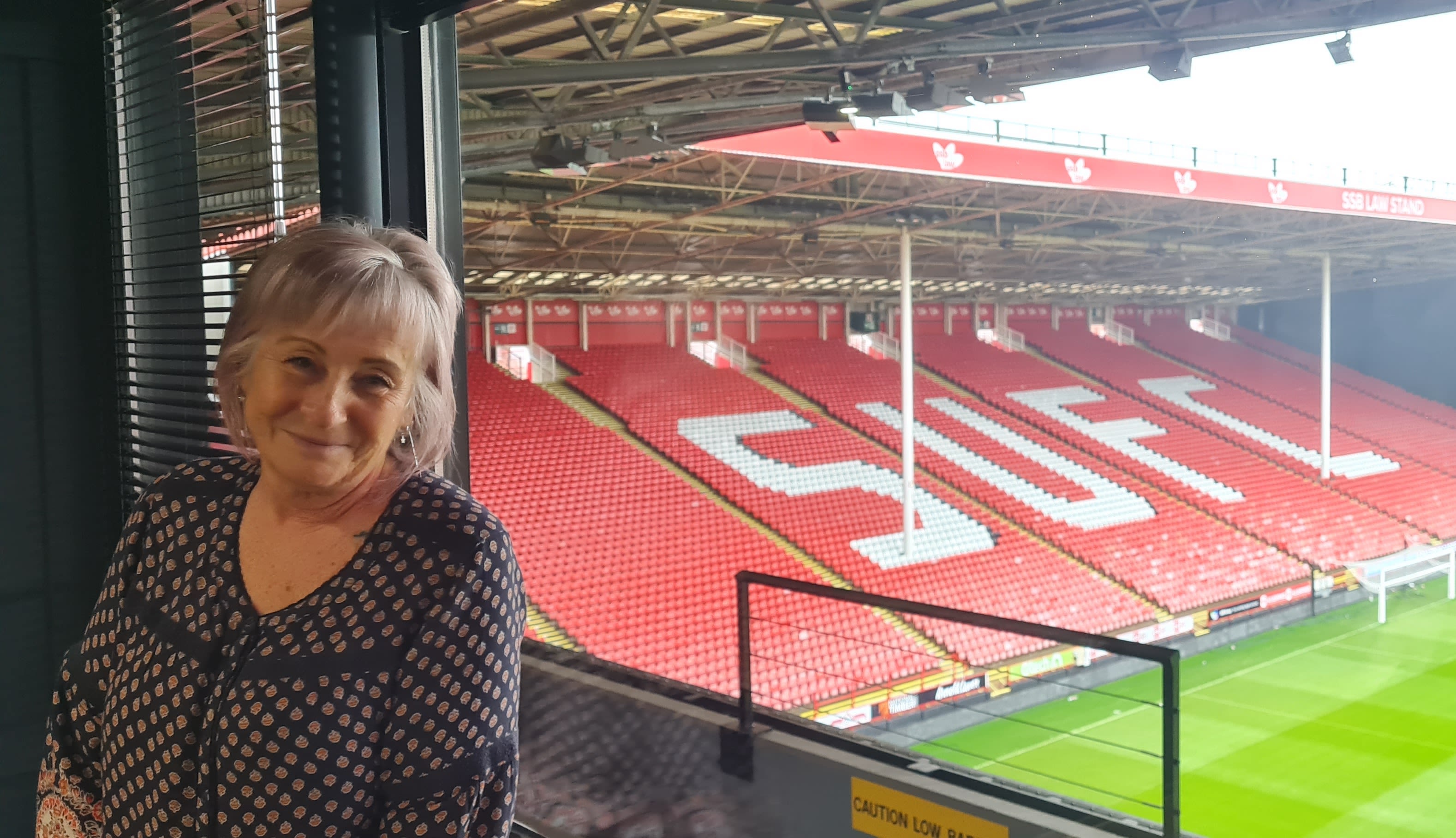

Origins
Fans Fight Cancer, Fans FC for short, started as a small weekly football session and has now expanded to over 20 inclusive sessions per week, encompassing both online and face-to-face activities. These sessions cater to individuals facing health barriers to physical activity, especially those dealing with or recovering from cancer, having now over 500 engaged participants.
Amber Stott, 24, health coordinator for the programme, said about the participants: “They go through enough treatment so we wanted to provide them with a fun, carefree something that they can do alongside everything else, something that makes them forget about what's been going on. We're not making elite athletes in these sessions, but people just enjoy them so much.”
Today, Fans FC has evolved into an inclusive programme, which is why the Foundation’s motto is breaking health inequalities through sport. Referencing the pandemic, this programme has helped participants deal with the aftermath of the pandemic restrictions. It moved away from the isolation and financial struggles by providing them with free opportunities that they might not have elsewhere.
Ms Stott said: “The participants seem happier, they're healthier, they're getting engaged with things that they'd never do if this programme wasn't there. Our data survey came back really positive, as it’s reducing people's GP visits, and their physical and mental health really is overall improving. They say that they just feel so much better in themselves.”
For more information about Fans FC, contact health@sufc-community.co.uk.
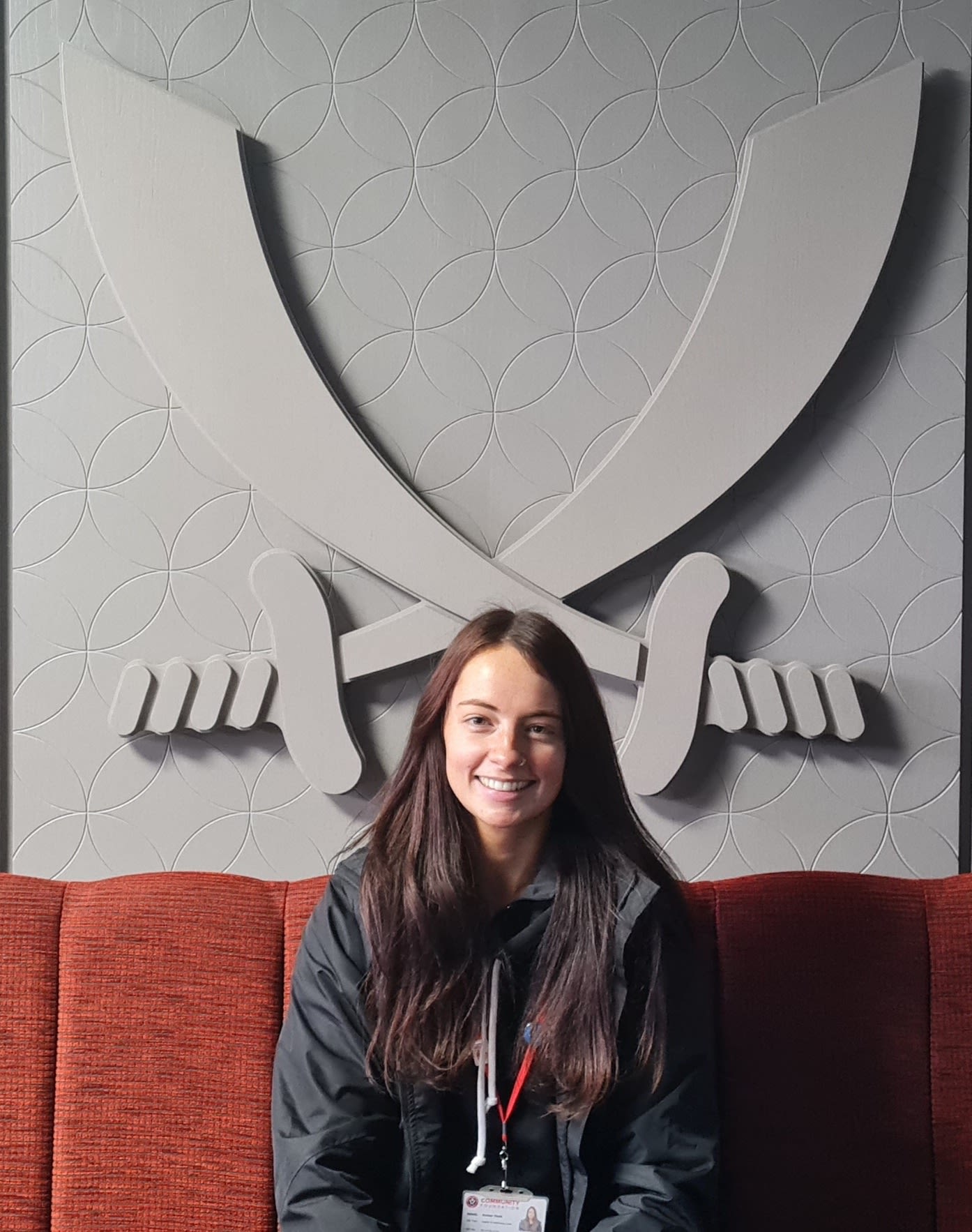
Physical activity
Cancer treatments cause numerous side effects and have a negative impact on all body systems. A recent study published in the National Library of Medicine finds that regular physical activity boosts the wellbeing of cancer patients, improving both physical and social aspects of their lives by reducing the severity of side effects. In fact, the study shows that a mix of aerobic and resistance exercises, like the ones provided by the Foundation, help cancer survivors by lessening depression, fatigue, and physical decline and enhancing long-term quality of life, sleep, and overall happiness.
In the video below, Andrea Wade shares her experience with the Moving Forward support group and how their activities have helped her on her journey with breast cancer.
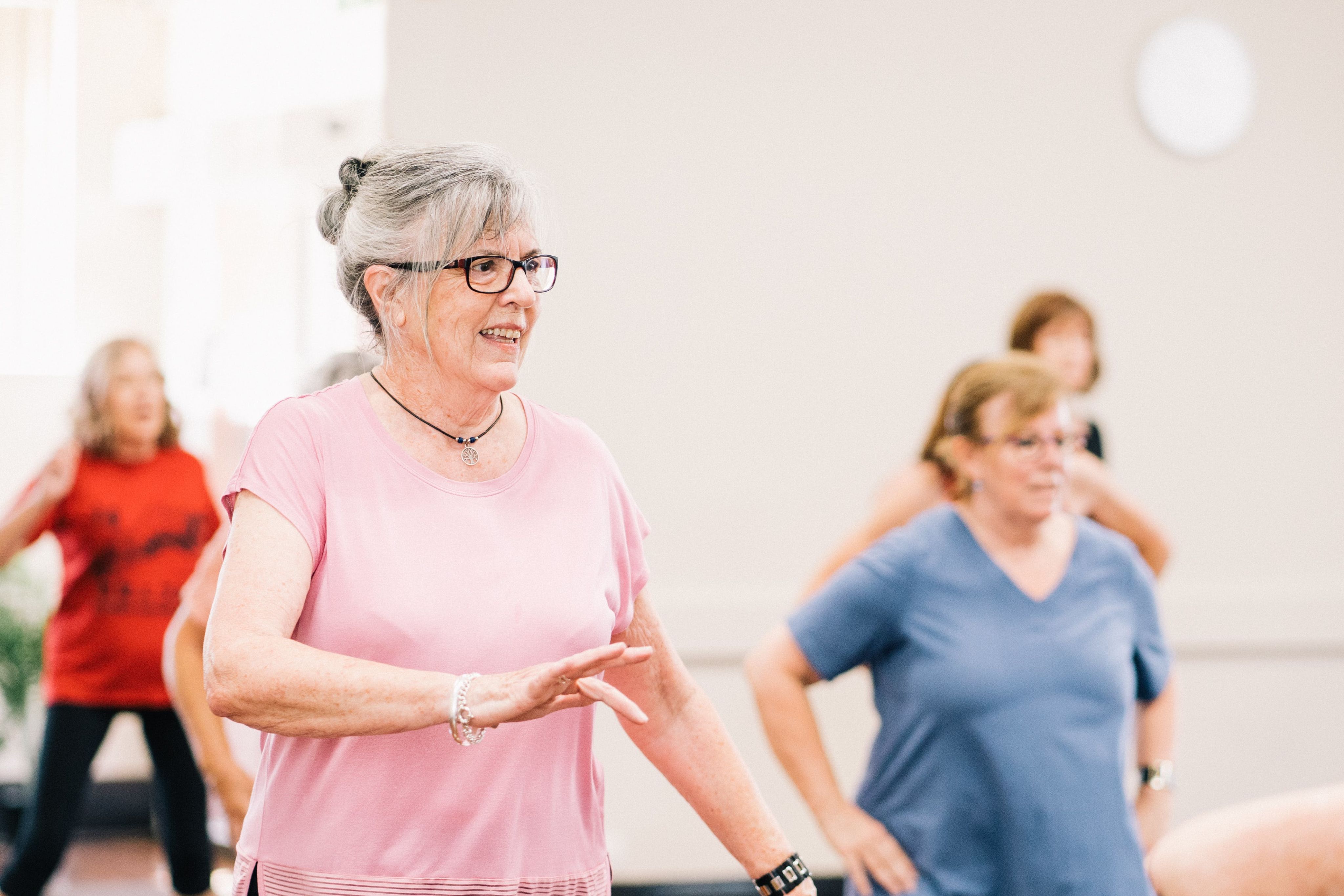
Body and spirit are deeply affected by cancer diagnoses. Coping mechanisms to deal with cancer are unique to each individual, and there is no one-size-fits-all approach. Like Tracey and Andrea, some decide to join cancer support groups to surround themselves with people who understand. In fact, the Foundation offers several social activities aimed at transforming this challenging experience into a safe haven. With this in mind, the first thing the Fans FC programme teaches is that throughout this process, you are not alone.
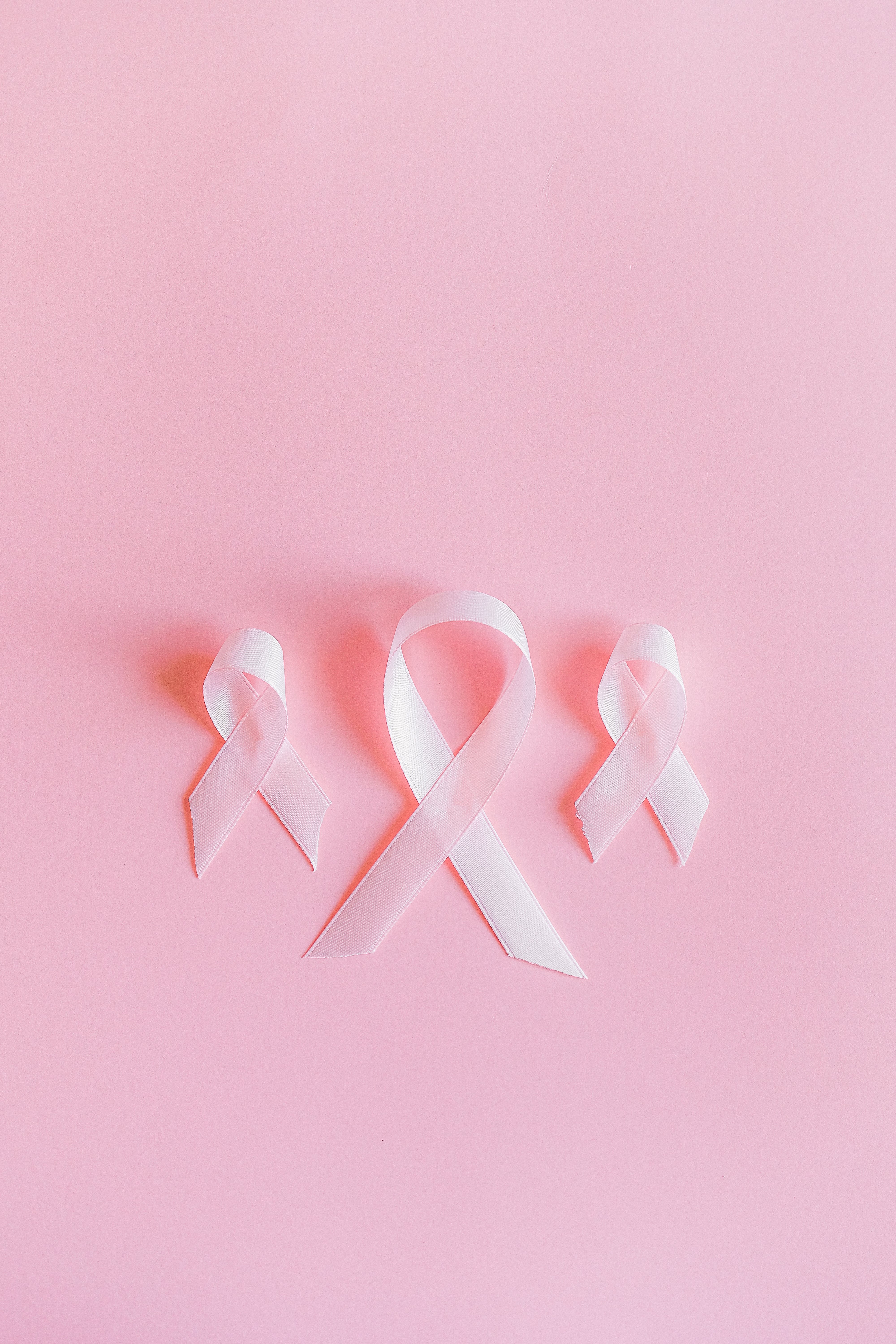
Mental health
Louise Crump is a Sheffield United fan with breast cancer who suffers from post-mastectomy pain syndrome. She shared her struggles with ingoing pain in the area she had surgery, which deeply affected her personally on both a physical and mental health level.
She said: “The biggest challenge for me was, and if I'm honest with you, still is, the fact that my body doesn't look like it was before. I'm 51 now, so that changes what I've been used to for 51 years, because suddenly, I realised my body's been taken away from me.
“The biggest thing is that I actually thought it wouldn't bother me. I thought I'd just get rid of the cancer and I wouldn't care. And I actually opted for a flat mastectomy, which means you stay flat rather than a reconstruction. And to be fair, that’s probably something that I regret now.”
Emotional burdens like regret can lead to increased stress, anxiety, and depression, hindering the overall wellbeing of a person. This could affect coping strategies, potentially impeding the patient's ability to focus on their current treatment and recovery. Addressing regret through counselling, support groups, and open communication with healthcare professionals is an essential factor heavily emphasised by the Community Foundation to promote mental health resilience and facilitate a more positive outlook during the challenging journey of cancer treatment.
According to the Cancer Support Community, participants in support groups can help each other feel less isolated by sharing individual experiences and exchange coping strategies. As a consequence, support groups help reduce the 3 most significant stressors associated with cancer: unwanted aloneness, loss of control, and loss of hope.
Louise said: “Before joining, I thought, do I want to be sat in a room with people that’s had cancer? And is everybody going to be fed up, everybody mourning? And I didn't think that would be right for me. But when I did start to feel well enough to go out and about, I still pushed myself to go. Probably one of the best decisions I've made to be fair because we are a really, really close group.”
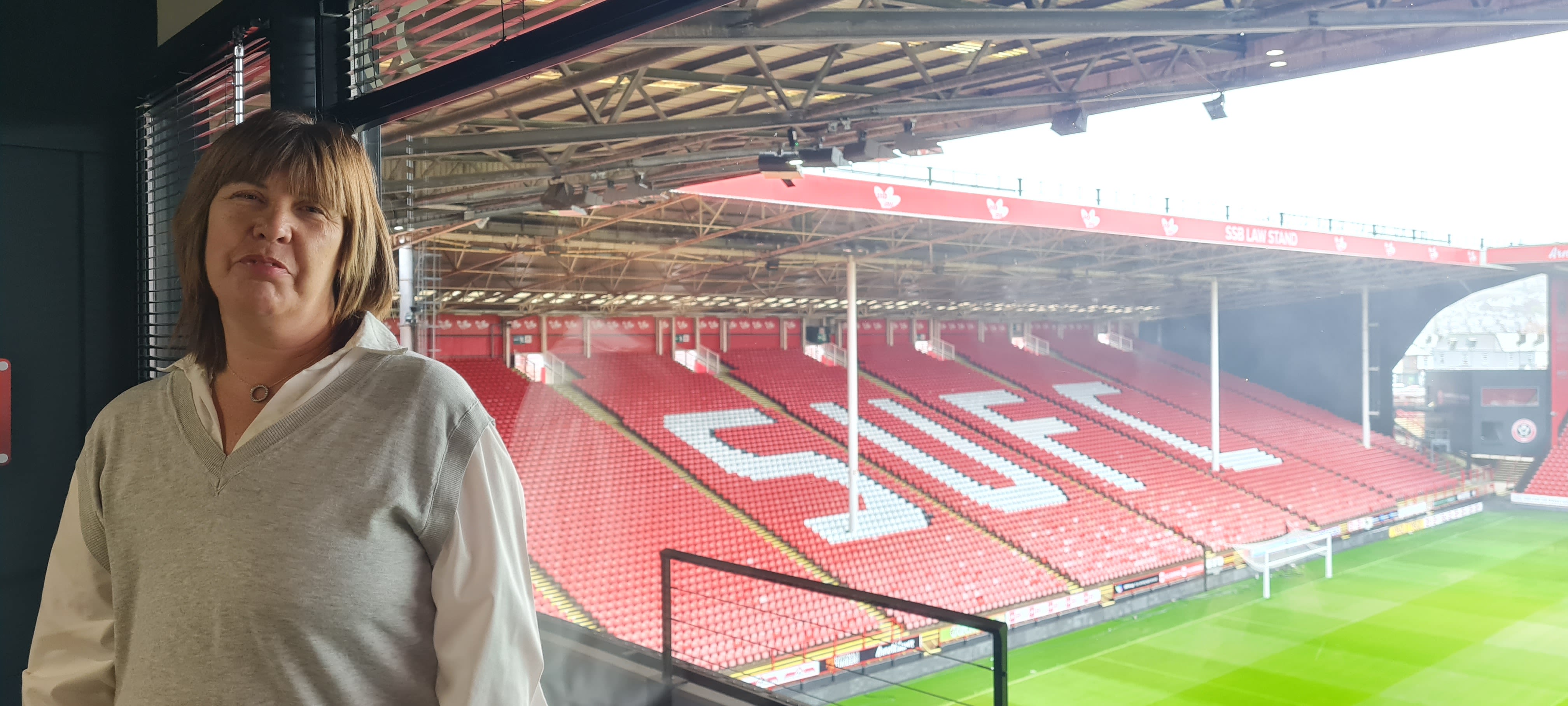
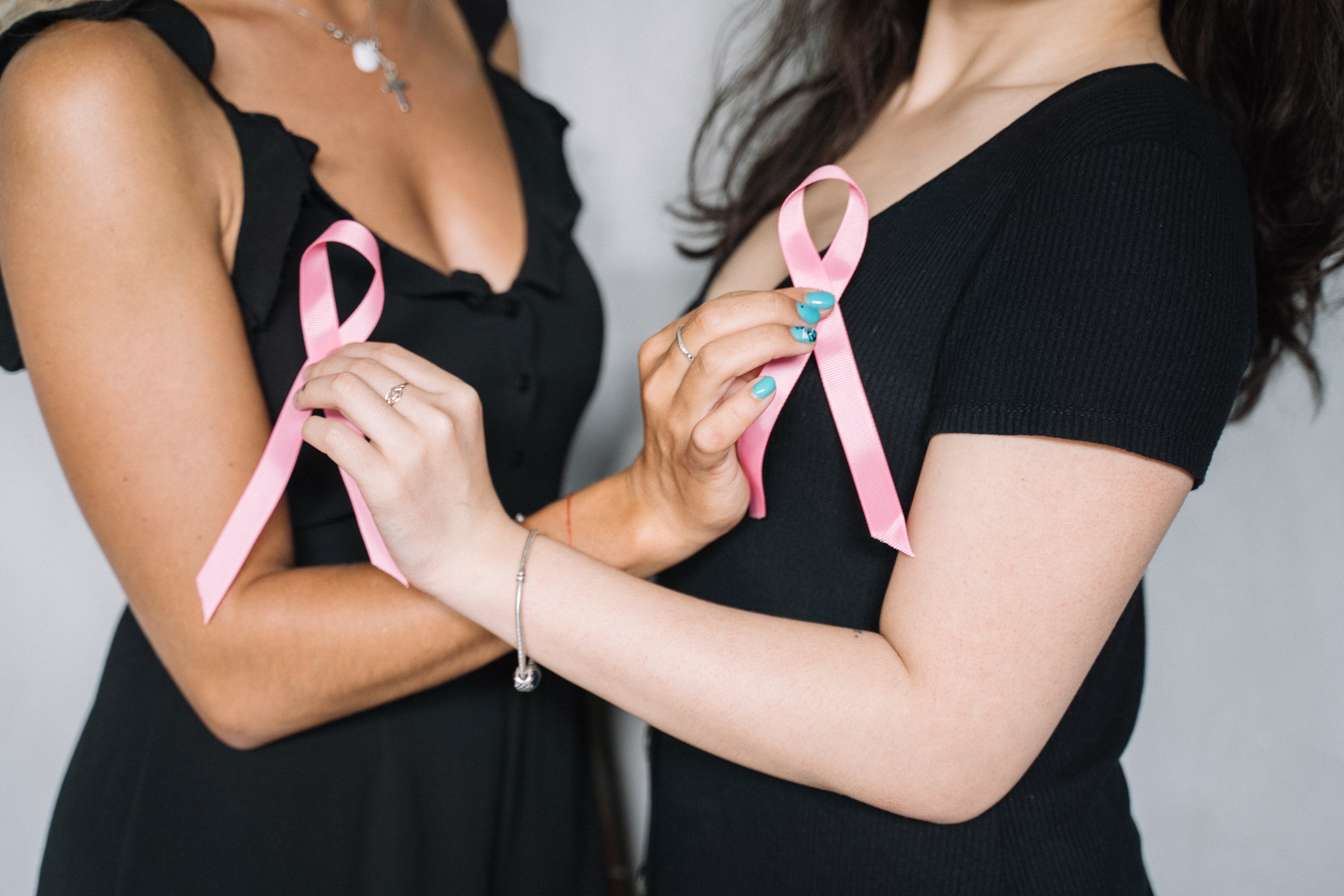
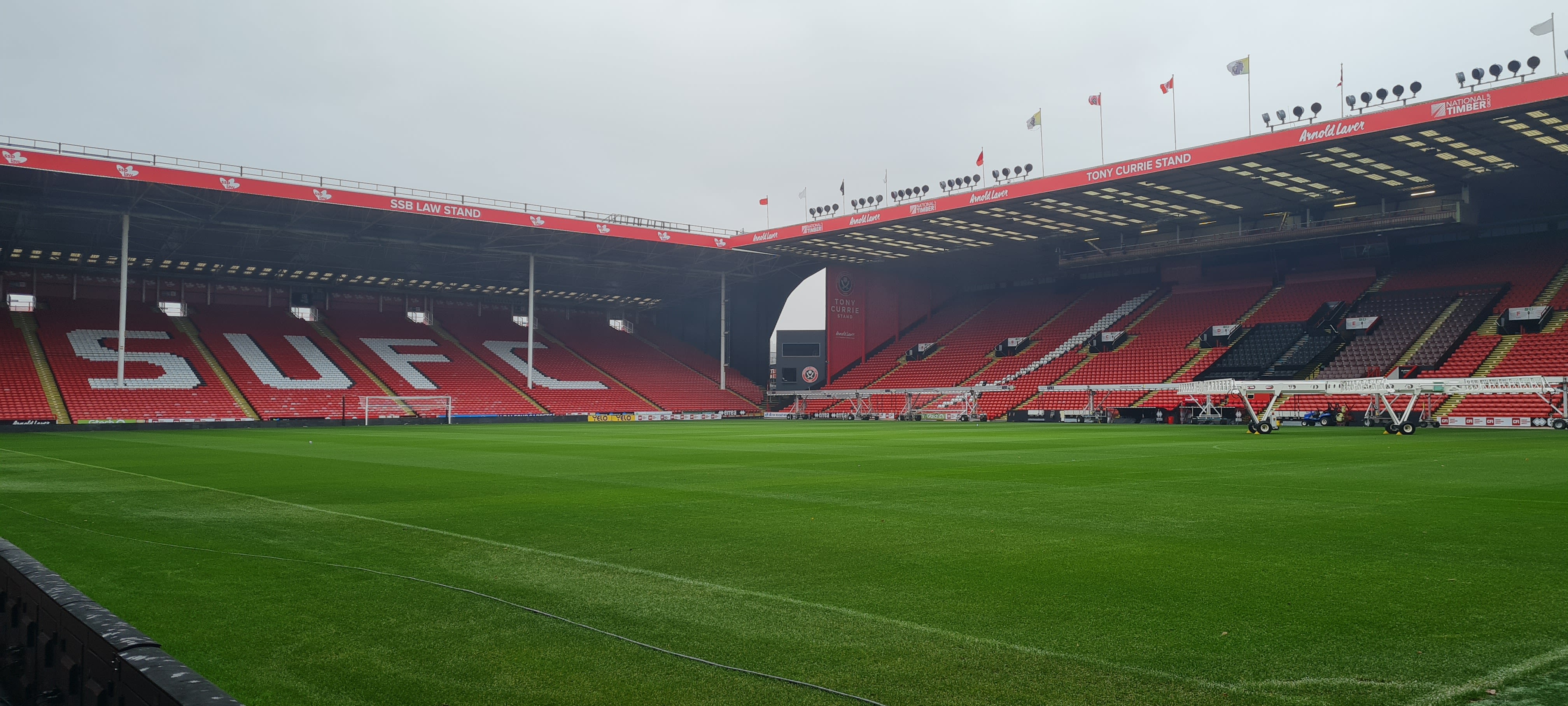
The Fans Fighting Cancer programme offers a space to share experiences, find solace, and build connections with others who understand. Members have created their own community just by being together every week. Yet there is more to these people than their diagnoses, because there is a story behind every picture, a journey walked by each person.
So look at this picture and tell me, what do you see?
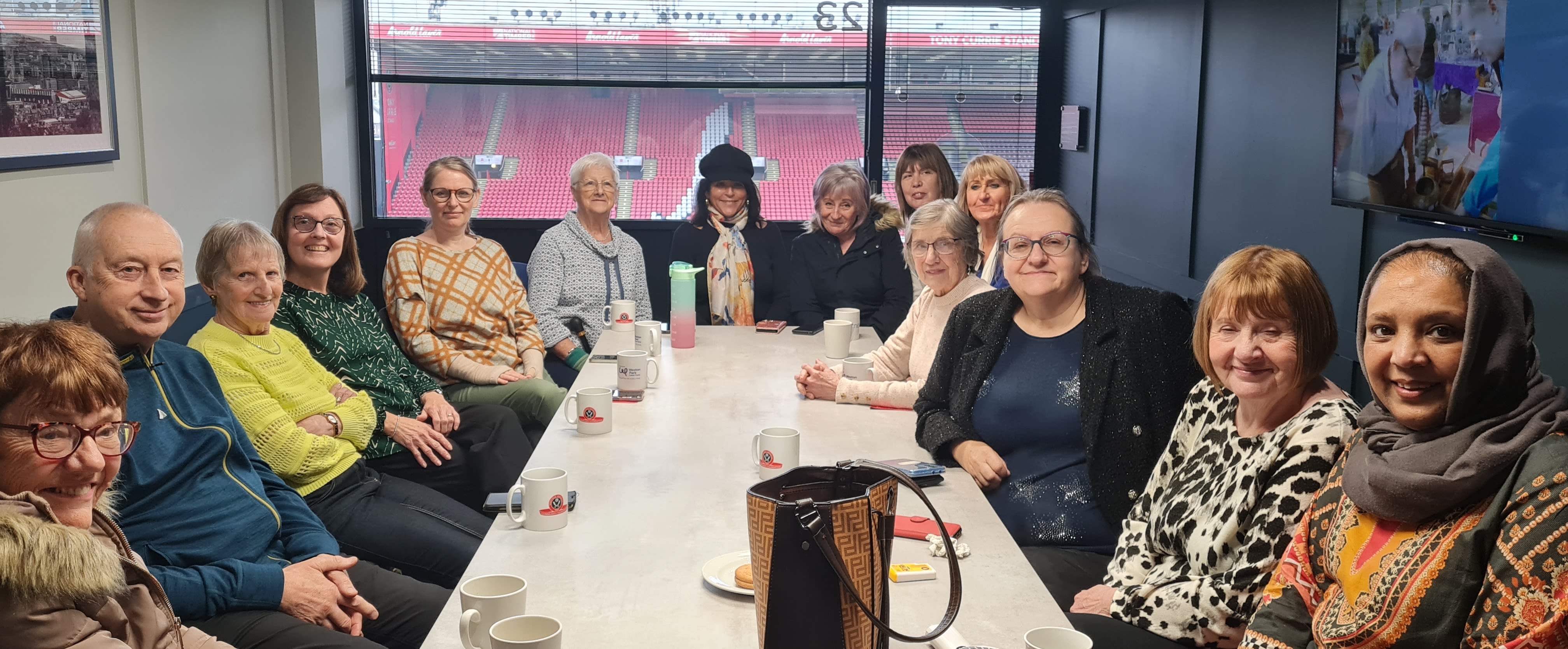
“Everybody's always texting each other and there's always someone there. Ping, ping, ping. Yeah, yeah, yeah. It's lovely.”
